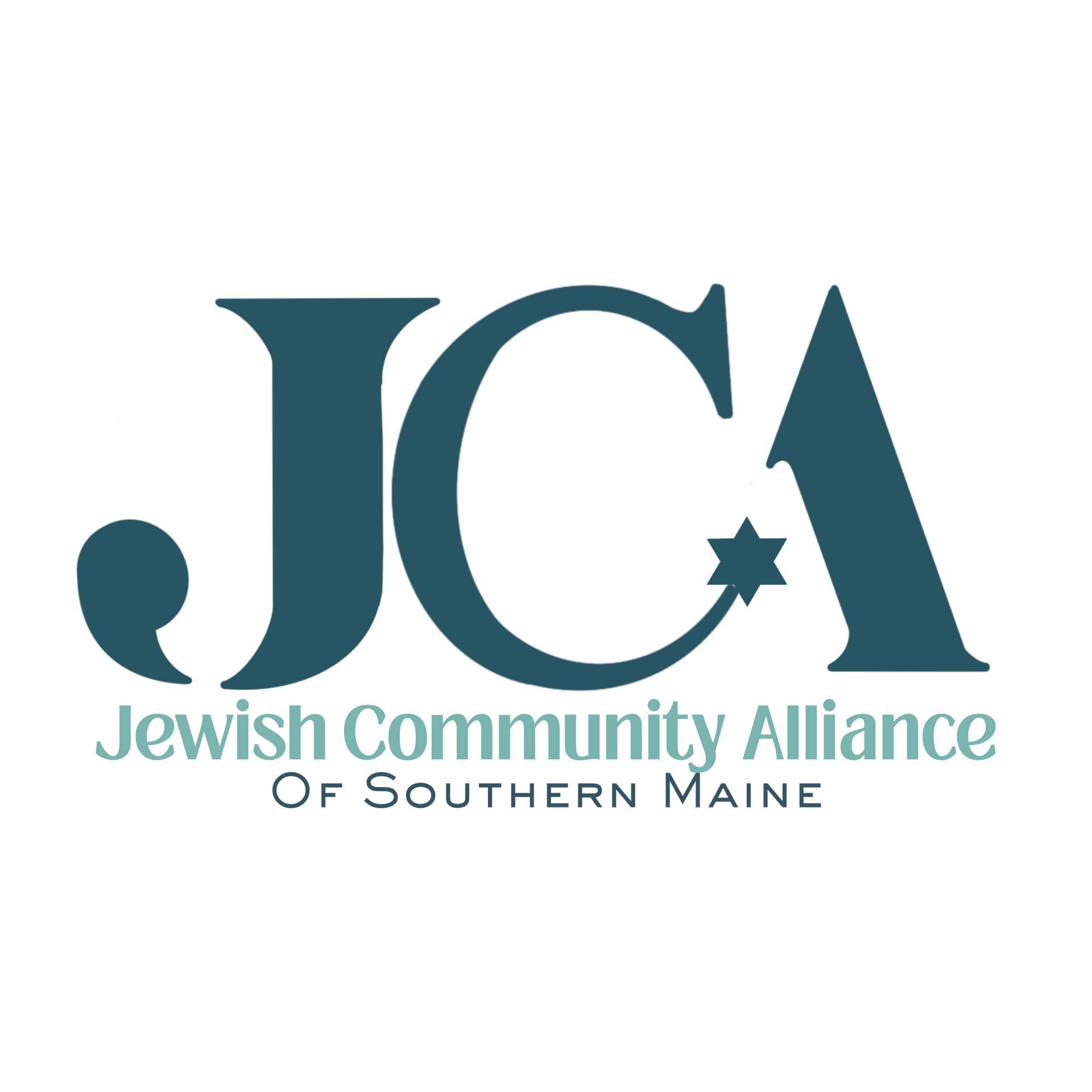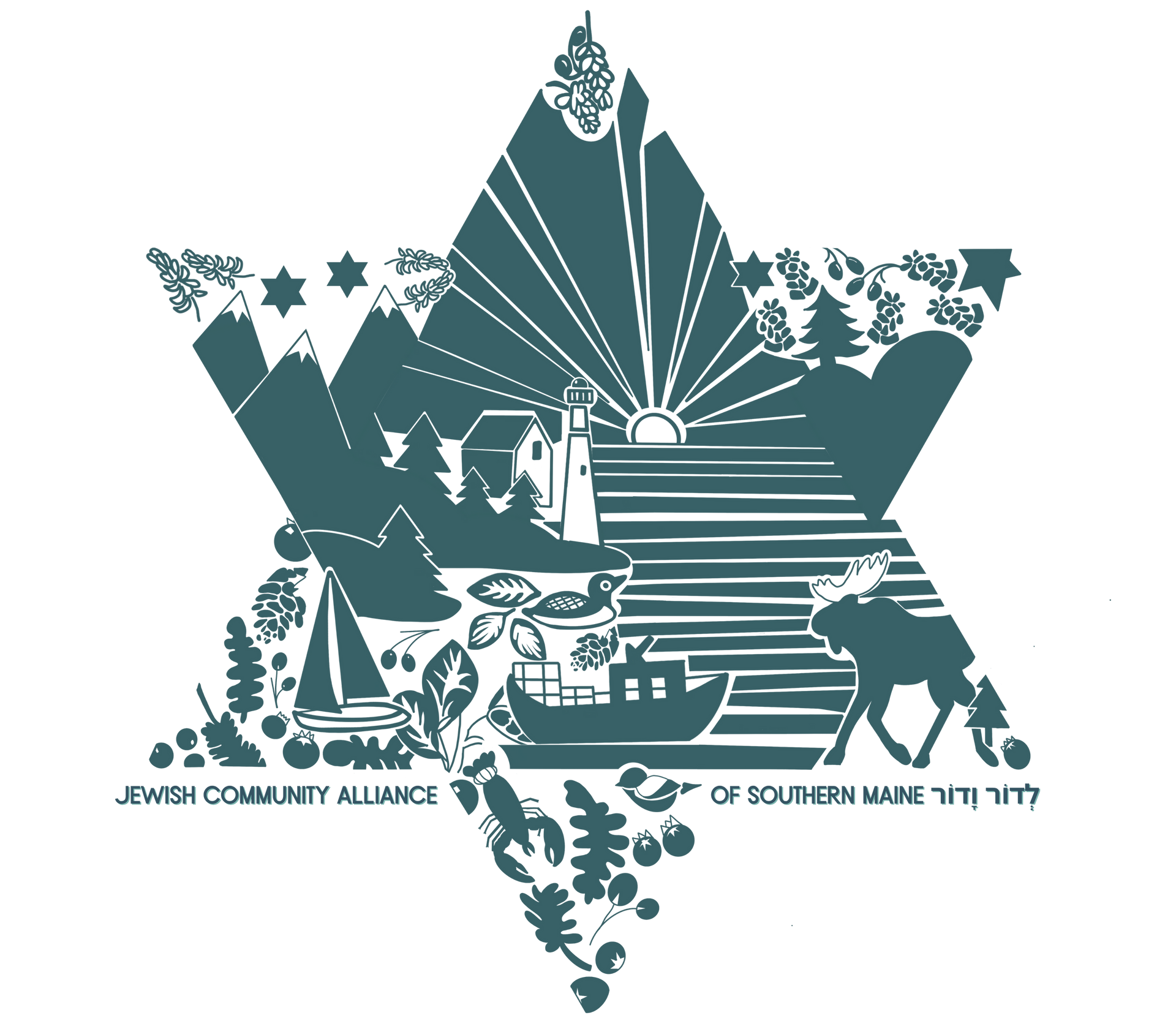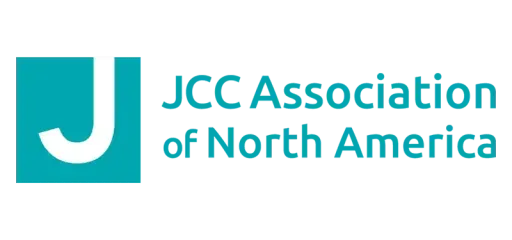What's New in Jewish News This Week
America’s Largest Teacher’s Union Rejects Proposal to Ban ADL Materials
In a positive development, the US’ largest teacher’s union, the National Education Association (NEA), has rejected a member-approved proposal to sever ties with the Anti-Defamation League.
Just two weeks ago, NEA—which is also the teacher’s union of Maine—voted to cut all ties with the ADL: banning all their lessons on antisemitism, Holocaust education, and Jewish-American history. According to the rejected proposal, the “NEA will not use, endorse, or publicize any materials from the Anti-Defamation League (ADL), such as its curricular materials or its statistics…NEA will not participate in ADL programs or publicize ADL professional development offerings.”
This was an incredibly disconcerting development. While the ADL does not represent the views of the entire Jewish community, and has been a target of criticism by some, it has also put decades of work into Jewish-American education and funded widely respected curricula that are acclaimed for their effectiveness in progressive, right-leaning, and centrist spaces (such as Project Shema). Banning the ADL would eradicate a pillar of Jewish-American education and handicap the American Jewish community’s ability to fight rising antisemitism in schools.
We here at Jewish Community Alliance of Southern Maine joined 378 other Jewish organizations in a joint letter to the NEA’s Executive Committee, strongly urging them to veto the resolution. We have heard that this letter, which showed in overwhelming force the American Jewish community’s condemnation of this proposal, was a direct factor in the proposal getting vetoed. We are grateful to our friends at the Jewish Federations for North America and the Jewish Council for Public Affairs as they coordinated a national response. You can read the communal letter with our organization’s name on it here, and learn more about the situation on Axios.
Hundreds of Druze Cross the Israeli Border Into Syria to Defend their Brethren
What is often missed in the Israel discussion is the fact that for many religious minorities in the Middle East, Israel is the single biggest guarantor of their security. This applies to our friends in the Bahá’í Faith, whose holy sites in Iran were razed to the ground and now only exist in Israel, as well as to our Druze allies. While the Druze (a secretive offshoot of Islam) only make up 1% of Israel’s population, Druze men have proudly served in the Israel Defense Forces in disproportionately high numbers since the nation’s founding in 1948. Many have risen to positions of command. Far too many have fallen in battle—and their sacrifice has forged a “blood covenant” with the Israeli people.
Right now, Druze are being massacred in Syria: babies are being slaughtered, men are being humiliated via having their mustaches (a sign of honor) shaved off, women are being raped and killed. This past week, following days of fighting across southern Syria between the local Druze population and Bedouin militias backed by Syrian government forces, hundreds of Israeli Druzes stormed the border into Syria to aid their compatriots. They are currently petitioning the Israeli government to do more to help the Druzes in Syria (and Israel is responding—7 days ago, they bombed the Syrian Defense Ministry).
This is a developing situation, but you can read a recent update on The Jerusalem Post. We’d like to send our prayers and support to the Druze community—as well as all innocent souls in the Middle East who are suffering from the ramifications of war.
Five Hebron Sheikhs Break Away from Palestinian Authority and Call for Peace With Israel
This month, five leading Hebron sheikhs, headed by Sheikh Wadee’ al‑Jaabari, asked Israeli Economy Minister Nir Barkat to let Hebron break from the Palestinian Authority and form an “Emirate of Hebron” that would fully recognize Israel as the Jewish state and join the Abraham Accords.The clan leaders have pledged zero tolerance for terror and proposed a joint economic zone that could employ tens of thousands of Palestinians inside Israel. The initiative has drawn cautious interest in Jerusalem, underscoring mounting frustration with the Palestinian Authority among many West Bank Palestinians. If it moves forward, Hebron could become the first Palestinian‑led experiment in clan‑based self‑rule and economic partnership under the wider Abraham Accords umbrella.
Could this be a radical solution to bringing about peace in the Israel-Palestine conflict? Read more at The Times of Israel.
The Largest Reconstructionist Synagogue Is Set to Cut Ties With the Denomination Over Israel Tensions
The largest synagogue in Judaism’s Reconstructionist movement is moving to cut ties with its denominational body over what its leaders describe as a failure to confront hostility to Israel among affiliated rabbis and rabbinical students. The rupture is emblematic of a wider debate among American Jews about Zionism and the boundaries of legitimate criticism of Israel. In a letter, the synagogue’s leaders cited concerns over the rabbinical college’s ordination of students who hold anti-Zionist views, as well as tolerating a “hostile” atmosphere toward Zionism on campus. The congregation — whose membership numbers around 900 families — is now asking congregants to vote in favor of a bylaws change that would finalize the disaffiliation. Read more at the Jewish Telegraphic Agency.







